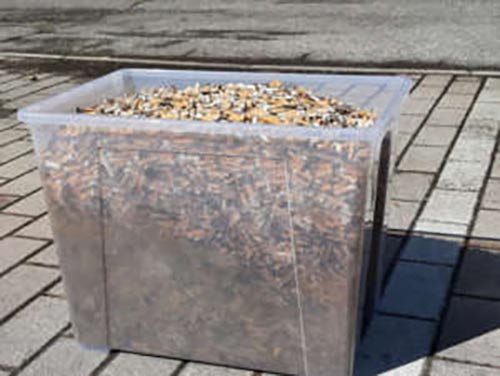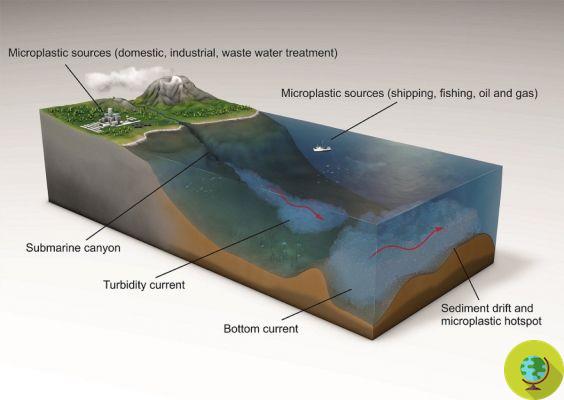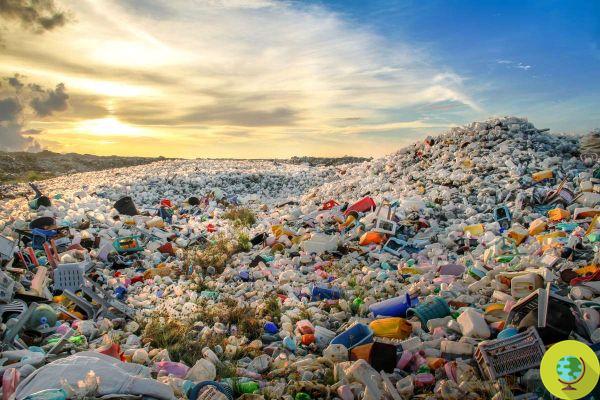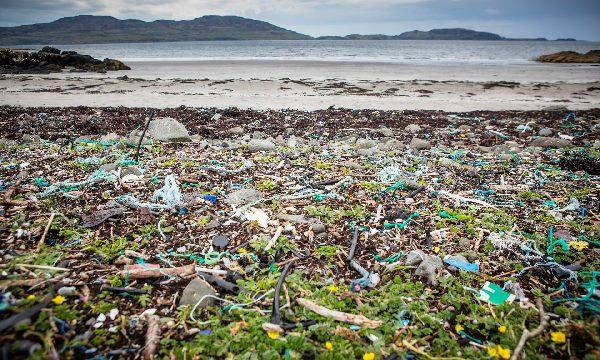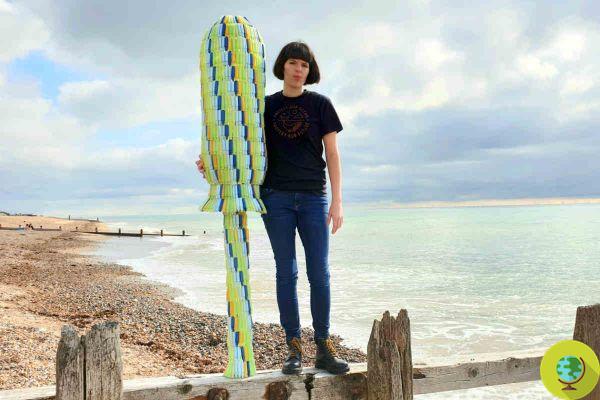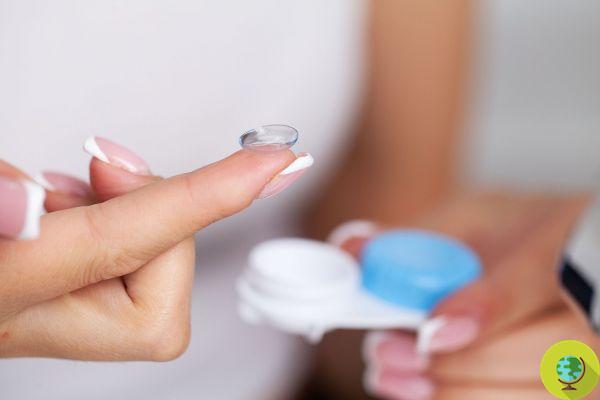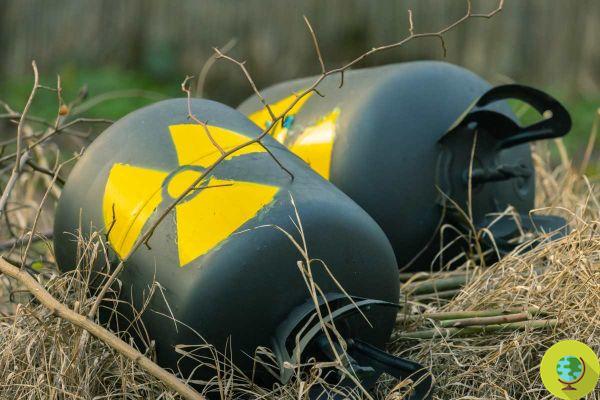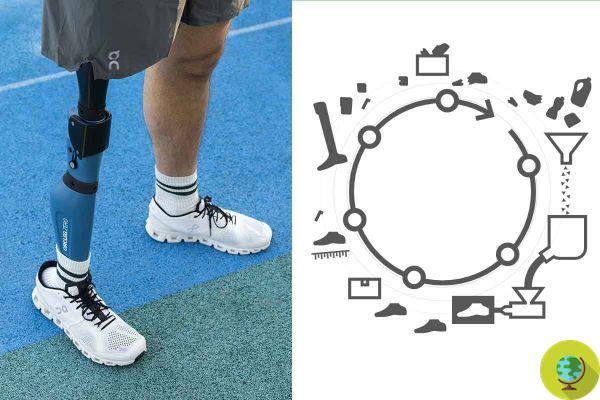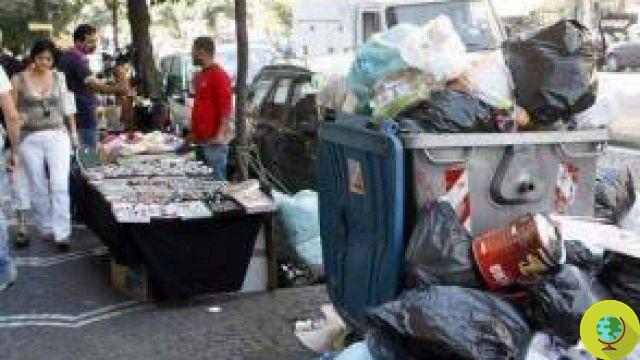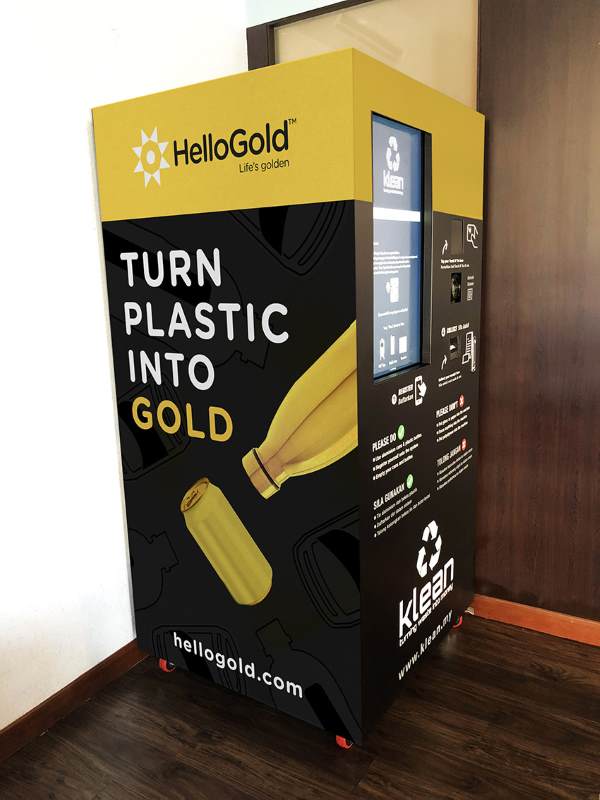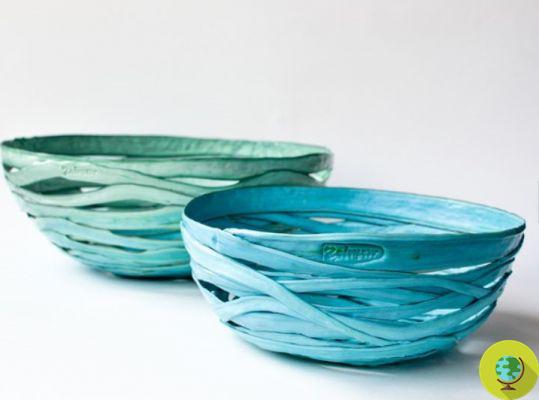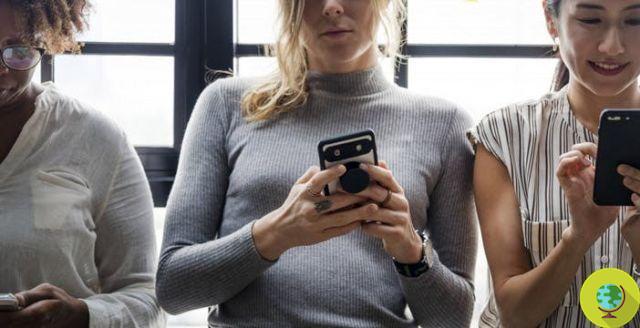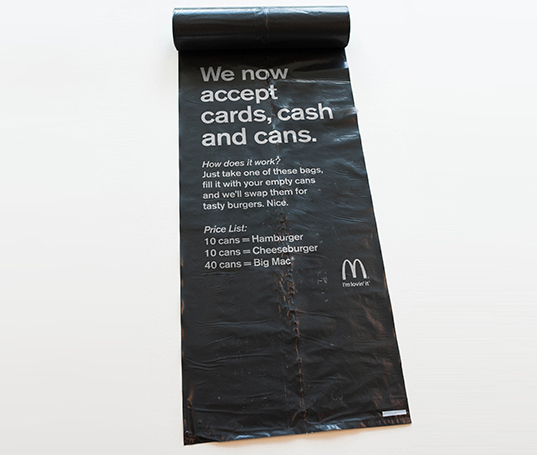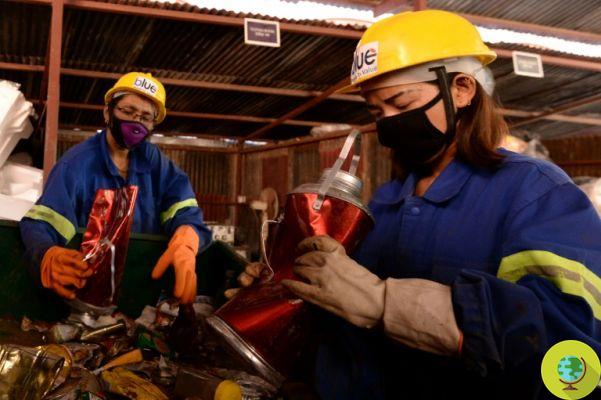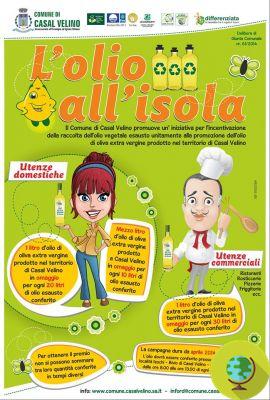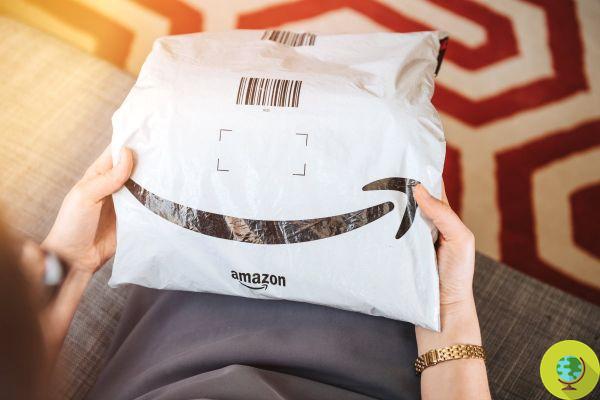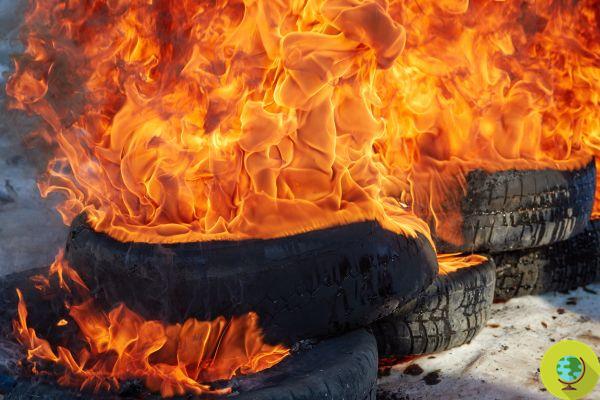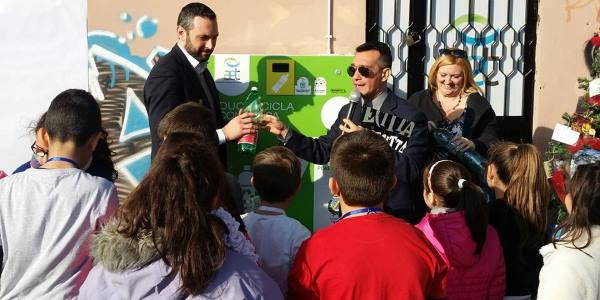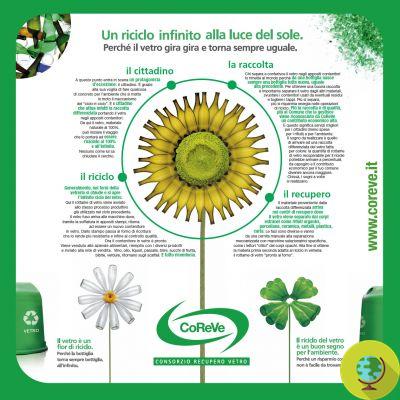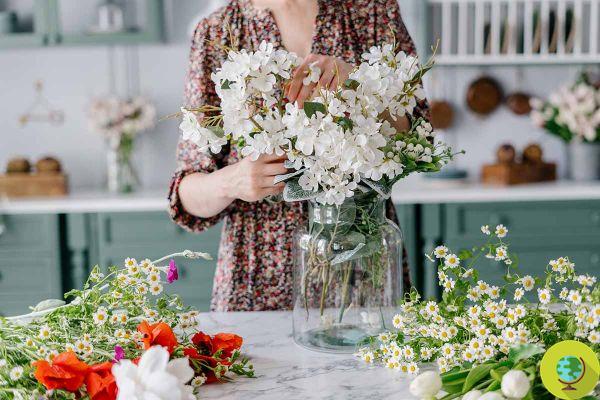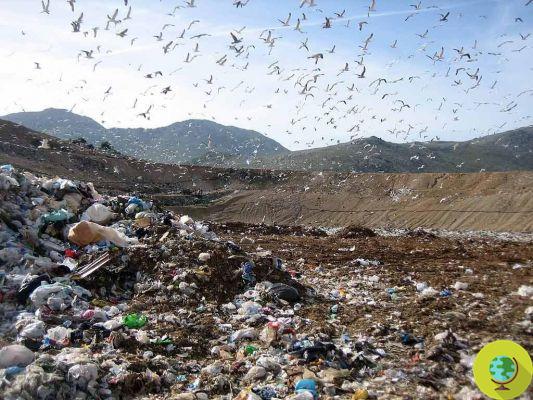Pinyapel is a sustainable, innovative and versatile material, the application of which reaches even the design and fashion sector.
From pineapple waste, the Philippines Design Center has created an innovative paper capable of replacing, in a sustainable way, many types of packaging and more. In fact, its hardness and impermeability make Pinyapel a versatile material, the application of which reaches even the design and fashion sector.
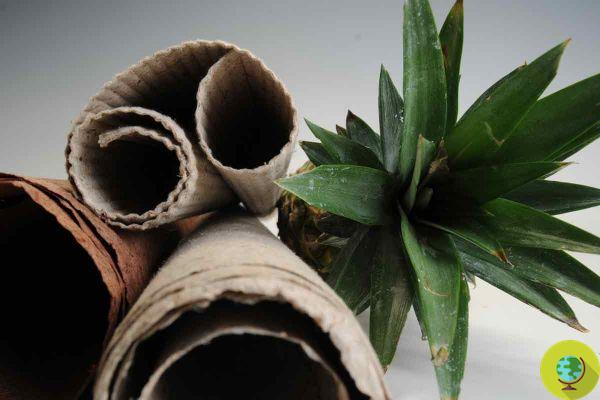
©Pinyapel | Design Center of the Philippines
The Philippines is the second largest pineapple producer in the world. For years its agricultural waste has been a big problem, but now it has become a precious resource. In fact, following the concept of circular economy, Pinyapel was born, a special handcrafted paper based on the waste of this fruit, used to make different products ranging from paper bags to glasses.
Its hardness and impermeability make Pinyapel an innovative and versatile material. Thanks to pineapple leaves, you get a very liquid resistant paper, perfect not only for paper bags, boxes and packaging, but also for products like coffee mugs or glasses, and now you are even trying to use it to create design objects, toys and fashion.
The circular economy of pineapple
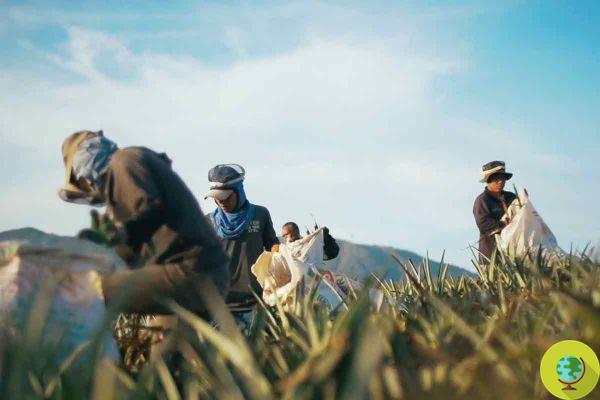
©Pinyapel | Design Center of the Philippines
Innovation is now a fundamental step towards achieving sustainability, and this is a great example of this. A single by-product tackles four problems simultaneously: the treatment of agricultural waste, the fight against plastic, deforestation (not all countries manage forests responsibly), and helps local pineapple farmers to earn more by adding value to an element. which previously represented a headache for them.
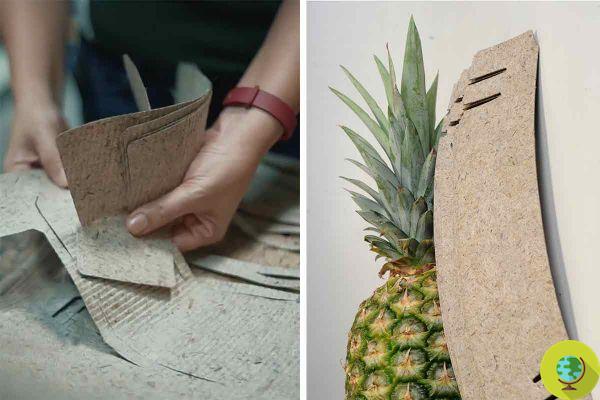
©Pinyapel | Design Center of the Philippines
Pinyapel's ambition is to replace the take-away containers and make Pinyapel part of the composter, to allow it to be reused to fertilize the soil and enrich it. So, instead of the traditional linear economy of taking away from the Earth, we can give it back and make it richer and healthier, doing responsible practice to preserve the Earth for future generations, ”said Rhea O. Matute, the executive director of the Design Center of Philippines.
This innovative material was developed by the Philippines Design Center and supported by public and private organizations. At the beginning of the research they started with limited resources, but with clear ideas: to create a sustainable material from agricultural waste, in order to use design to improve the lives of marginalized communities in the Philippines in harmony with the environment.
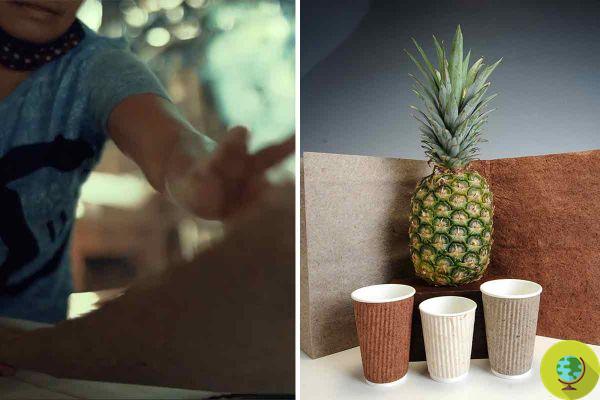
©Pinyapel | Design Center of the Philippines
Their tenacity was soon recognized by the enormous potential of their project, winning several awards and managing to access some funding. So the Design Center worked with consultants to explore opportunities for marketing Pinyapel, creating a brand that connects the values and innovative mission of the material to consumers.
Pinyapel seeks to inspire and encourage government agencies and private sectors to collaborate in order to have commercialization opportunities through the adoption of developed processes and products. Partnerships could also pave the way for the implementation of circular design strategies such as choosing inputs, thinking locally, extending product life and closing the cycle, ”Matute said.
The versatility of pineapple waste
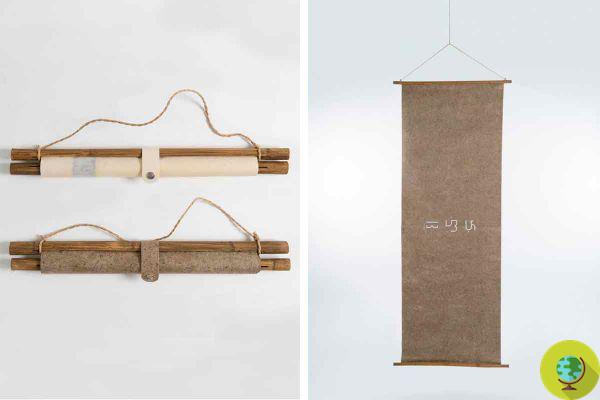
©INDIGENOUS/Oro Handmade Innovations Inc.
Pinyapel is currently marketed through Oro Handmade Innovations as handmade paper sheets available for companies that decide to be sustainable in the packaging of their products, or as household products such as lamps and room dividers. They also continuously collaborate with private companies, such as the Sprout plant packaging which, in addition to fertilizing the soil, turns into a seedling immediately after consumption.
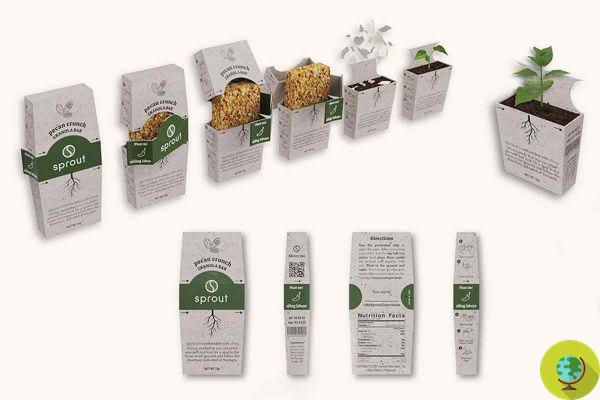
© Pat Mangulabnan/Instagram
The Design Center is constantly looking to enhance all uses of pineapple waste, committing itself to creating new designs and applications. In fact, in synergy with 10 local companies, it is preparing for the next Sustainability Solutions Expo, which will take place in November in the Philippines, in which it announces great news, demonstrating the immense versatility of Pinyapel.
Pinyapel's application sectors include Packaging, Home, Fashion and Art Toys. We have teamed up with other processors and converters to explore the diversity of Pinyapel and the endless possibilities of pineapple, bigger than the fruit itself. We wanted to use Pinyapel to showcase craftsmanship excellence, sustainability / circularity, malasakit (empathy) and humanity, which are also the pillars of Philippine Design 4.0, as well as to showcase the causes that Pinyapel embraces, namely education, l employment and sustainability. The results of the initiative will be shown at CITEM's Sustainability Solutions Expo (SSX), ”says Rolyn Lomocso, senior researcher at the Design Center of the Philippines.
The circular economy has multiple economic, social and environmental benefits, and Pinyapel is proof of this. We can't wait for November to get more updates on this great project.
Follow us on Telegram| Instagram |Facebook |TikTok |Youtube
We tell you Thu other circular stories, or read also:
- Transforming plastic waste into innovative and low-cost prostheses, the start-up that gives hope to those who couldn't afford them
- Goodbye PET: paper bottles that replace plastic arrive from India
- With tires and industrial waste, this Indian architect has built more than 280 playgrounds across the country
- Banana-peeled glasses, shoes and watches, so Kuori wants to replace plastic (even 3D printers)
- This wonderful lamp is made with Sicilian orange peels. Thus the scraps are transformed into an eco-design object




